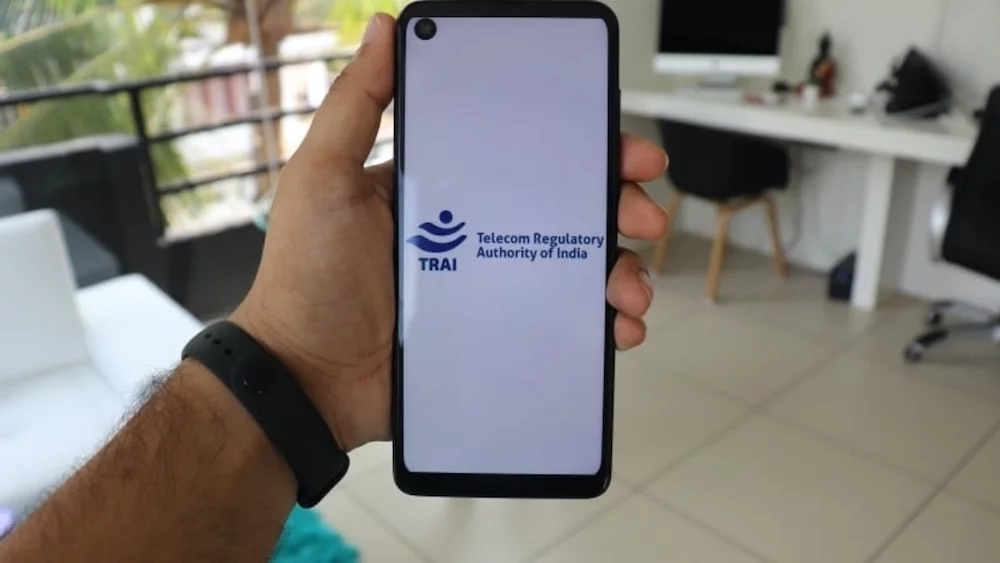
A few days back, the Telecom Regulatory of India (Trai) asked Vodafone Idea Limited and Bharti Airtel to withhold their ‘4G priority service’. The regulator is currently examining the premium plans of the telcos. To get it done faster, the regulator has made the issue its priority and plans to announce the verdict/views in a two week period. At the same time, the Telecom Disputes Settlement and Appellate Tribunal (TDSAT) on Friday allowed Vodafone Idea Limited to resume its ‘4G priority services’ it provides with the REDX plan. However, TDSAT is alright with Trai inquiring further about the telco's plans and give its verdict as soon as possible.
Trai Worries if ‘Priority 4G Network’ Service Cuts Down the Speed of Normal Users
As per a report by ET Telecom, in its letter to the Vodafone Idea Limited and Bharti Airtel, Trai had asked to explain their ‘Priority 4G Network’ service. The question was raised with a viewpoint of whether the priority network would mean lesser speeds for normal users. Trai needs to understand how the telcos can provide priority 4G service when there is network congestion almost every day due to the rise in demand for data services because of the pandemic.
Another question Trai had was regarding customers who have not subscribed to REDX plan, how will they raise concerns about lesser speed? There is no promised minimum speed to any customer, then how will it work if they get a very bad speed and want to complain?
Trai also reminded Vodafone Idea Limited about how the telcos have made a point every now and then that the speed provided to a user depends on more than one factor such as the customer’s device quality, location, network congestion, and more. The main question/argument of Trai is to understand what is the telco exactly doing in assuring that the interests of its non-premium users are protected.
Trai has asked VIL to provide sufficient information about its plans to support its claims for priority 4G network. It is important for VIL to answer this question so that the rights and interests of non-premium, as well as premium users, are protected.















